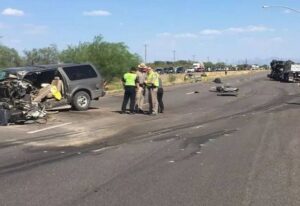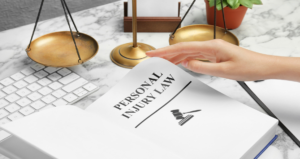
You might think about filing for bankruptcy if you are facing serious financial problems. The bankruptcy process involves several steps. The most important step is the 341 meeting with creditors, which is required by Section 341 of the U.S. Bankruptcy Code. To avoid any delays in the bankruptcy process, it is important to know the details of the 341 meeting.
What Is a 341 Meeting of Creditors and How Does It Work?
The trustee and creditors have the opportunity to question you under oath regarding your financial situation and case at the 341 meeting of creditors. Although the Bankruptcy Administrator presides over the meeting, the bankruptcy may delegate this task to the trustee.
The meeting will usually be scheduled between 20 and 40 days after you file your bankruptcy papers. Your trustee will review any property that you may have that is not exempted from bankruptcy. The trustee will most likely review your reorganization plan for a Chapter 13 bankruptcy to determine if it is legal.
How to Prepare for a 341 Meeting
It is important to be truthful and concise during your 341 meeting. To ensure that you are able to discuss your situation honestly, it is important that you prepare for the meeting.
Here are some steps to help you prepare:
- All documentation necessary to verify your identity, personal details, and employment is required.
- Before you file for bankruptcy, make sure to carefully read all forms and paperwork. The information you have submitted will need to be verified.
- Talk about how you arrived at your assets’ value, including whether you pay child support or maintenance, your income sources, and any other financial information.
- It is important to be ready to answer any questions that creditors might have about your financial information and disclosures.
Your attorney will assist you in gathering all documentation. This will optimize the goal of accurate and orderly paperwork, and allow you to assert your rights during the hearing.
This article was written by Alla Tenina. Alla is a top San Fernando Valley personal injury lawyer, and the founder of Tenina law. She has experience in bankruptcies, real estate planning, and complex tax matters. The information provided on this website does not, and is not intended to, constitute legal advice; instead, all information, content, and materials available on this site are for general informational purposes only. Information on this website may not constitute the most up-to-date legal or other information. This website contains links to other third-party websites. Such links are only for the convenience of the reader, user or browser; the ABA and its members do not recommend or endorse the contents of the third-party sites.











